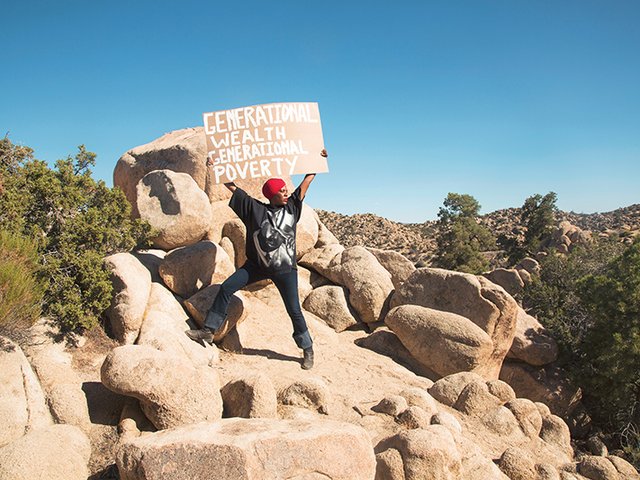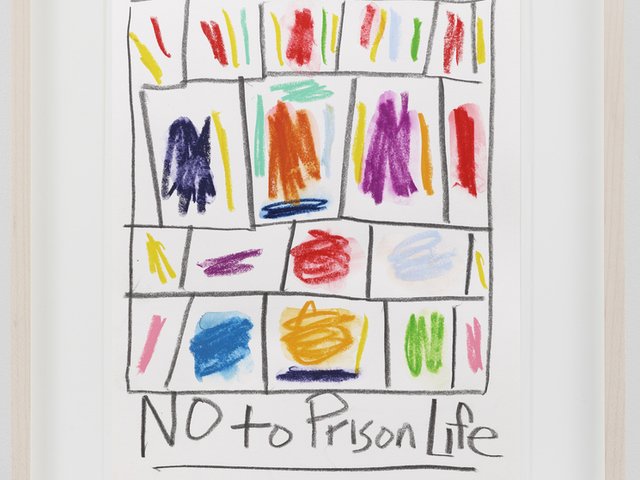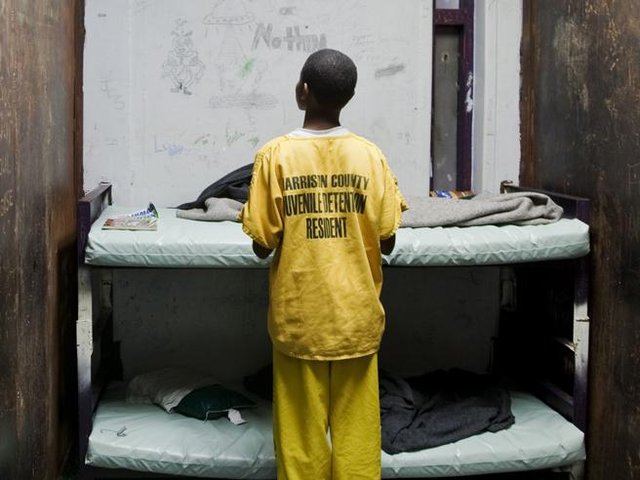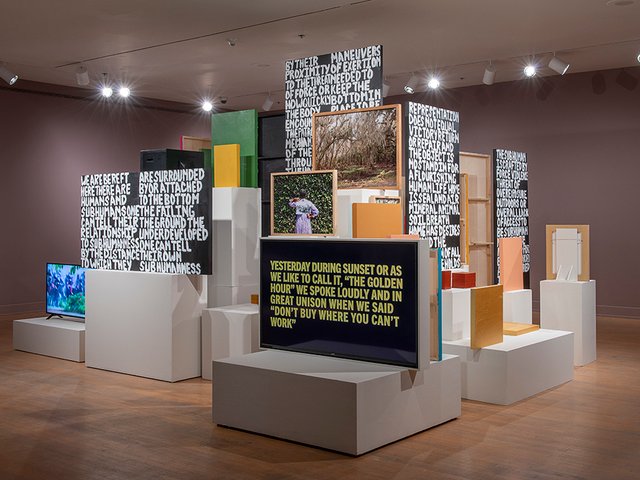The Robert Rauschenberg Foundation has issued a call for artists to propose “ambitious projects addressing racial justice through the lens of mass incarceration”. Successful artists will be awarded up to $100,000 for a two-year fellowship.
Almost half the 2.2 million people in American prisons are African American, the foundation notes in a press statement. The rate of incarceration has increased 500% over the past 30 years. Should the trend continue, “one in three black males born today can expect to spend time in prison during his lifetime,” the foundation notes. “This constitutes an epidemic.” While it may be “exhausting to unravel the complexity of this issue… that is the task before all of us, one that requires an army of creative thinkers”.
Robert Rauschenberg was a committed activist and his foundation launched the Artist as Activist Fellowship in 2012, four years after his death. This is the first year it has focused on a specific issue, partly because of the popularity of its 2015 round—which attracted more than 600 applicants for six fellowships. “We felt it might be more effective to focus specifically on a targeted issue,” says the foundation’s director Christy Maclear. The goal is to create “catalytic funding”, she says, and a narrower field of applicants could “increase the effectiveness on addressing an issue”.
The foundation’s philanthropy committee met recently to discuss the issues of our time, in order to decide what topic to choose. “Access to higher education, affordable housing, wealth inequality, voting rights, immigration rights, even gun control were areas that came forward,” Maclear says. “Given the range, we pulled up to take a birds eye view and arrived at the fact that racial injustice and mass incarceration was a systemic problem brought about by most, if not all, of these issues. Thus, that became our focus,” she says. “It allows for varied approaches but has one larger effect.”
The deadline for applications is 7 December 2015, and awards will be granted in April next year.





